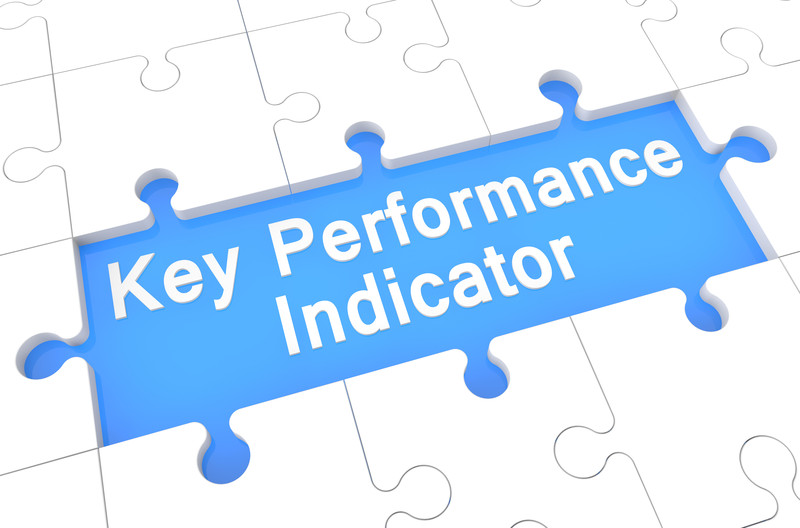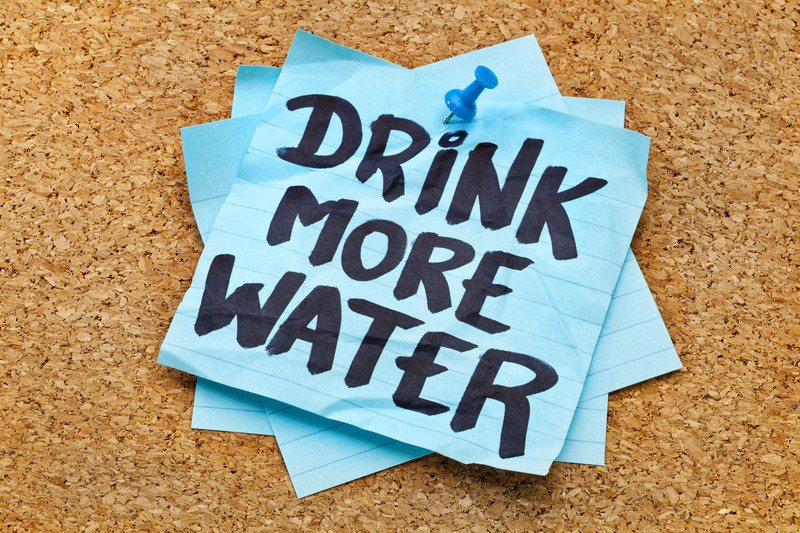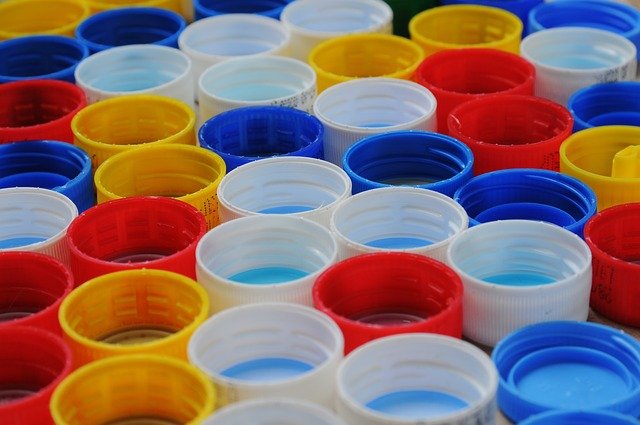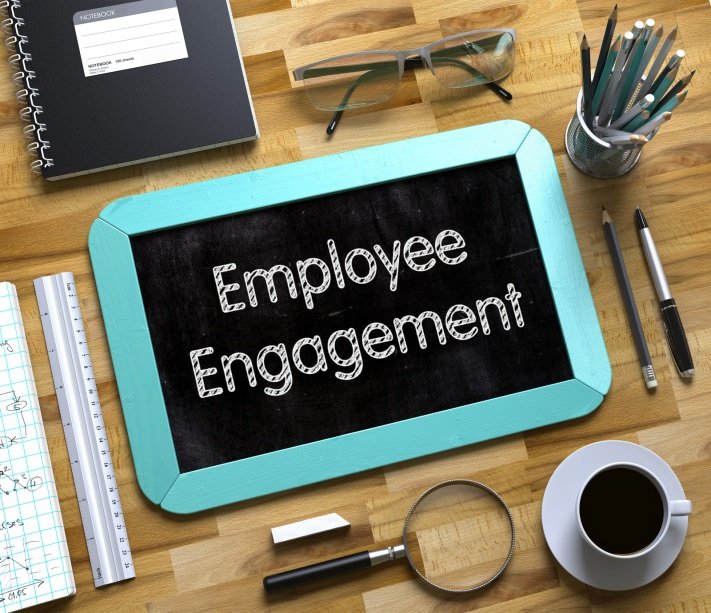
by Belinda Ollewagen | Oct 16, 2018 | instant tap, water cooler
Water is something we take very much for granted. We open our instant taps or we push the buttons on the office water cooler and without another thought, water comes flowing out. But this life-sustaining natural resource is so much greater than the casual consideration we give it. Courtesy of The United States Environmental Protection Agency (EPA) here are a few interesting facts to remind you just how great a role water plays in our lives.
- 9% of the Earth’s surface is covered by water.
- 97% of the Earth’s water is salt water – that leaves only 3% as fresh water.
- 7% of the fresh water on Earth is trapped in glaciers.
- If enough of those glaciers were to melt to cause a ten-meter rise in sea levels, it would flood 25% of the US.
- Over 90% of the world’s supply of fresh water is located in Antarctica
- Europeans use roughly 190 litres of water per day – in the US, people use double that amount, while those living in sub-Saharan Africa survive on only 8 to 20 litres per day.
- Daily we use more water flushing our toilets than we use showering or anything else water-related.
- In one year, the average American household uses (both indoors and outdoors) nearly 400,000 litres of water.
- A leaking tap that drips at the rate of one drip per second can waste nearly 12,000 litres of water per year.
- Water is the only natural resource that can be found in all three forms – solid, liquid and gas.
- Water is the great dissolver – it can dissolve more substances than even sulfuric acid.
And here’s something else to ponder: in just one day, 200 million work hours are spent by women collecting water for their families. This is one of the many reasons why AquAid believe in helping communities that are desperate for fresh water – a percentage of all water cooler or instant taps sales are donated to the Africa Trust who along with AquAid help bring life-giving water to some of Africa’s poorest communities. So, for a water solution tailored to your specific office needs, be sure to contact AquAid today.

by Belinda Ollewagen | Sep 13, 2018 | instant tap, water cooler
1) It’s environmentally friendly
Because instant taps and mains fed water coolers are bottleless, there is no need for bottle deliveries which means fewer trucks on the road thereby conserving fuel, minimizing carbon emissions and reducing our carbon footprint.
2) It’s limitless
Because the water comes from your main water supply it means you can’t ever run out of water. There’s no need to wait for the next water delivery, because with instant taps and mains fed water coolers there will always be a constant supply of healthy and safely-filtered drinking water on tap.
3) It’s hygienic
Although your water cooler is attached to your main water supply, it doesn’t mean you’ll be drinking water directly from the tap. We all know that our tap water contains various chemicals, but with our bottleless water coolers your water passes through a highly-advanced filtration system first to provide you with the safest drinking water possible.
4) It’s convenient
Because there are no bulky water bottles, there is no longer a need to find storage space. Our instant taps and mains fed water coolers are all sleek and compact, taking up less space than before. And because there are no water bottle deliveries, the admin process is vastly simplified.
5) It’s socially responsible
By choosing AquAid you not only take care of your own water needs, but you also help impoverished communities, because a percentage of sales is automatically donated to The Africa Trust and Christian Aid who help bring safe drinking water to some of Africa’s poorest people.
Five very good reasons to switch to instant taps and mains fed water coolers. Also remember that if you prefer to stay with bottled water coolers, AquAid offer a refillable 19ltr bottle which is reused between 30 and 35 times, so this is also a more environmentally friendly option. Whatever your water needs may be, AquAid have the solution.

by Belinda Ollewagen | Sep 13, 2018 | instant tap, water cooler
It was the hottest June in 40 years and the weather services is predicting more heatwaves for the rest of the season, making it one of the warmest summers on record. Heatwaves are a global phenomenon at the moment, and what many experts say is a taste of what’s to come in the future – our new ‘normal’. While we need to get our head around that and what it means for us long-term, we have to be cognisant of our immediate responsibility to staff members to ensure they remain properly hydrated. This is not just a health issue, because now more than ever, remaining properly hydrated is essential for peak performance. Business owners are constantly looking at ways to improve productivity, and one simple and cost-effective way to do so is to ensure there are enough instant taps or water coolers in break out areas so that staff have access to clean and safe drinking water throughout the working day.
The Natural Hydration Council, in their ‘Hydration at Work’ document stated that ‘the brain is particularly sensitive to changes in water balance, which in turn, can affect mental performance (e.g. concentration, alertness and short-term memory) and overall work-related productivity.’ In one study it was found that water deprivation had a negative impact on the reaction times of the male and female volunteers, they were left feeling fatigued and sluggish. Another study found that five adult volunteers that consumed very little drinking water for either 13, 24 or 37 hours had decidedly impaired concentration and reaction times.
Other negative side effects of dehydration include headaches and moodiness, ‘when we are lacking fluid, we can start to feel increasingly agitated, impatient and tense’ – not the best demeanor for being productive. While the type of work we do will affect the level of hydration necessary – after all someone doing manual labor outside fully exposed to the extreme heat will need far more drinking water than someone working indoors – but even those of us in an office exposed to air conditioning, which is known to dry out our skin, need to top up on our water intake to ensure we are sufficiently hydrated.
As we gear up for even hotter days, let’s be sure that we’re prepared and have everything we need to ensure employees are happy, healthy and productive. For your personally tailored water solution to help you do so, and which may encompass any one of the water cooler or instant taps ranges, reach out to AquAid today.

by Belinda Ollewagen | Aug 8, 2018 | instant tap, water cooler
We’ve had a very hot summer so far, and while we’re all familiar with the ‘drink eight glasses of water a day’ guide, there are times when this intake is not sufficient for our bodies and we need to head to our water coolers or instant taps more frequently to increase the amount of water we drink. Here are four instances where the average advice of 8-a-day is not enough and we should make drinking water more of a priority.
- Environment
Along with changes in climate come changes in bodily function and water requirements. In summer, hot weather increases our rate of perspiration while in the cooler winter months, indoor heating causes our skin to lose more moisture. Changes in altitude also affect our system which means we need to replenish our fluid reserves accordingly.
- Exercise
When we exercise we perspire and we need to drink more water to compensate for that loss of fluid. If you choose to work out during your lunch hour or just after work, be sure to fill up your water bottle at the water coolers or instant taps in your breakout area before you leave – drinking water throughout your work-out will ensure you stave off dehydration and perform better.
- Illness
Fluid loss is unavoidable with certain illnesses particularly fever, vomiting or diarrhea so it’s essential that we up our intake of drinking water during this time – it’s also a good thing to remember if you’re suffering from a headache, very often it’s a sign of dehydration and not a sign of something more serious so it’s always good to drink a glass of water first before assuming the worst.
- Pregnancy or breast-feeding
They say that a pregnant body at rest works harder than a non-pregnant body climbing a mountain, which explains why all forms of fuel (whether it be food, rest or water) should be increased to compensate for the extra energy expended, and this applies to nursing mothers as well – it’s suggested that pregnant women drink around 10 cups a day and breastfeeding mothers around 13 cups.
If you’re wanting to supplement your water sources at the office, remember that AquAid have a full range of bottled and mains fed water coolers to choose from, along with a choice of very popular instant taps – sleek, efficient and cost-effective alternatives to other water points in your breakout area.

by Belinda Ollewagen | Aug 7, 2018 | aquaid, instant tap, Water Coolers
Earlier this year the European Commission announced plans to ban single-use cutlery, plates, straws, cotton buds and balloon sticks by 2021 in a new initiative to reduce marine pollution. We all know how dire the situation is with regards plastic pollution and how it affects our lands and oceans, along with animal and human life alike. So, one of the biggest reasons to switch to instant taps, mains fed water coolers or AquAid refillable 19ltr bottles reused between 30 and 35 times, is the fact that it does away with plastic bottles or greatly reduces the amount of plastic used.
The most common type of plastic pollution in our oceans is nurdles – these are the plastic pellets used to create other plastic products. Along with polystyrene, plastic bags and food containers, they make up the vast majority of marine debris, it is estimated that there are around 165 million tons of plastic pollution in the sea – and it forms the greatest threat to large marine mammals. Not only can they become entangled in the plastic which then curbs their movement and ability to find food, but ingested it can block their digestive system which ultimately leads to starvation. In addition to the physical impact of plastic pollution on creatures, it can also poison their system which in turn affects the food chain and our own source of food. It is estimated that nearly 500,000 marine mammals die each year due to plastic pollution in our oceans.
Left in landfills, plastic does not fare any better. Chlorinated plastic releases dangerous chemicals into the earth which can seep into underground water supplies harming the surrounding ecosystem and drinking water. In addition to this potential water pollution, another form of pollution is the methane gas released as plastic biodegrades which significantly adds to global warming – as arctic ice melts and recent heat waves can attest to.
While great efforts are made to promote responsible recycling, and while collectively we are doing a better job of reducing and re-using, which does minimize global impact, we still have a long way to go. And in a corporate setting one of the easiest ways to do our bit is to provide a more environmentally friendly water alternative for employees – if we can offer them safe, easily accessible drinking water via instant taps, mains fed water coolers or via our 19ltr refillable bottle, it prevents staff from having to buy small half-litre bottles of water which immediately reduces the amount of plastic being disposed of. If you need a tailored water solution that perfectly fits your needs and the needs of your employees, while also benefiting the environment – call AquAid today.

by Belinda Ollewagen | Aug 7, 2018 | instant tap, Water Coolers
Employee engagement, according to Forbes, is the ‘emotional commitment the employee has to the organisation and its goals. This emotional commitment means engaged employees actually care about their work and their company.’ Those who are engaged are easy to spot: it’s the person first through the door in the morning because they can’t wait to start their day, they are full of energy when they talk about their work, the corporate culture, their manager, or any challenging project they’re involved in; and their positivity inspires those around them. So it’s easy to see why employee engagement is beneficial for business, and there are a number of ways of achieving it.
One good place to start is to encourage a strengths-based culture – this exists when a team member’s strengths are aligned with their professional requirements. It’s quite different to the more standard performance appraisal system which focuses more on a person’s shortcomings rather than what they’re good at. By focusing on the positive, research has found that employees are more motivated, they are more inclined to develop their strengths, and they are more likely to thrive in their working environment.
Another way to foster employee engagement is to show that the company cares about their staff – this can be demonstrated in big ways like implementing incentive programmes or different reward systems, or providing regular training so that employees can upskill and move through the ranks more confidently. But it’s also implicit in the small things like ensuring your staff members have a comfortable breakout area (research shows that regular breaks aid productivity), and that there are tea and coffee facilities with safe drinking water easily accessible via instant taps or water coolers.
According to Glassdoor, the nine pillars of employee engagement are:
- Knowing your value and purpose within the company
- Constructive and timeous communication
- Health and wellness
- Enjoying your physical workspace
- Having a well-defined role in the organisation
- Social interactions in the office
- Recognition and incentives
- Support and buy-in from quality managers
- Bolstering personal growth and development
Employee engagement leads to higher employee satisfaction, higher staff retention and lower turnover, less absenteeism, higher productivity and ultimately increased profitability – can you afford to not prioritise it?






